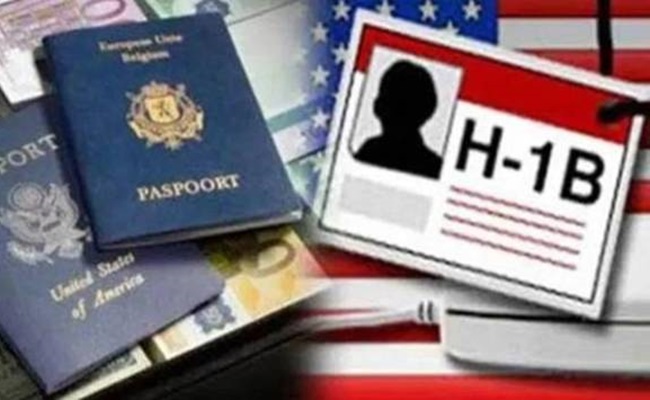
The Trump administration has halted the processing of green card applications, including adjustment-of-status petitions, triggering anxiety among H-1B visa holders who depend on provisions under the American Competitiveness in the 21st Century Act (AC21) to extend their stay beyond the six-year limit.
AC21 allows H-1B holders to continue working in the U.S. while their green card applications are pending.
The law offers two critical provisions: a one-year extension if the green card application has been pending for at least 365 days, and a three-year extension if the applicant’s I-140 petition is approved but the priority date is not yet current.
With green card processing currently on hold, many applicants fear their petitions may not reach the 365-day milestone in time — potentially disqualifying them from extensions and forcing them to leave the U.S., despite meeting legal criteria.
Adding to the uncertainty, the United States Citizenship and Immigration Services (USCIS) has reportedly adopted a stricter approach. Increased issuance of Requests for Evidence (RFEs), Notices of Intent to Deny (NOIDs), and extended processing times are affecting H-1B and other visa categories.
Employers have started issuing cautionary guidance to their H-1B employees.
“My manager advised me not to leave the country until my green card is approved,” said Priyansh Kumar, a tech professional from Hyderabad working in Silicon Valley. “With all the restrictions, there’s concern that I might not be allowed back in.”
Dinesh Makkula, a consultant, added, “Those relying on the one-year AC21 extension are at particular risk. If their green card isn't processed before the extension expires, they could be forced to return to India.”
While AC21 is federal law and cannot be altered through executive orders, its effectiveness hinges on the timely processing of green card petitions. Without it, the law’s protections become functionally meaningless, potentially upending the lives of thousands of skilled workers and their families.














